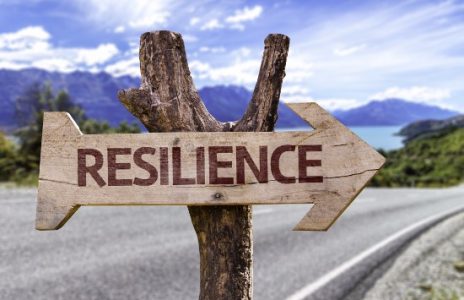We hold these truths to be self-evident, that all men are created equal, that they are endowed by their Creator with certain unalienable Rights, that among these are Life, Liberty and the pursuit of Happiness. –
Declaration of Independence
This week the US celebrates its founding. The date chosen commemorates the signing of our Declaration of Independence from Great Britain. This document is arguably the most important written in the English language in the last 250 years. Its ringing words sparked our own and the French revolutions. It voiced the aspirations of the voiceless around the world yearning for a better life.
And let there be no mistake – it is truly an aspirational document. It articulates a vision of what our nation should be. Our Founding Fathers were all too aware that government formed by Man cannot be perfect; our Constitution with its checks and balances is their attempt to protect our “inalienable rights.” I believe all of them recognized their society’s failings; Slavery – America’s original sin – chief among them. Three quarters of a million died as part of our national penance to expiate and exterminate this sin. The Declaration and the Constitution established an aspirational culture in our country that continues to be a magnet attracting those from other countries who want to have a piece of the American Dream.
However, we now live in a world in which many Americans are questioning those aspirations and would have us deem the American Dream a nightmare. Some want to subvert our aspirational culture and deny the importance of the rights so many have sought and so many have fought to ensure.
This battle of conflicting visions of our future is being fought at the national level, in our state capitals, and in our communities. It has profound implications for our resilience at each of these levels. And while Jefferson, Franklin, Adams, Livingston and Sherman didn’t use that term, I think it’s important to examine the impact of the Declaration on our resilience.
First and foremost, the Declaration is about “Rights.” In our highly polarized politics at the national level, both sides claim to be for “Freedom,” although they seem to be worlds apart in what they think Freedom is. To me, our Bill of Rights – inspired by the Declaration – lays out an excellent definition of our Rights, especially in the First Amendment. We must be free to believe as we wish and to express those beliefs. We must be free to peaceably assemble. In the Constitution, these are couched in terms of prohibiting the federal government from denying these rights. But it is just as important that we recognize that no individual or group has the right to abridge those freedoms either. “Cancel culture” does not exist in a society that values freedom.
But – in more subtle ways – the Declaration also speaks to Freedom’s homely twin – Responsibility. In the Declaration, the Founding Fathers talk about the duty of the people to “take arms against a sea of troubles, and by opposing end them” (to wax Shakespearean). The Declaration also states that the colonists have reached out to their fellow citizens in Great Britain, implying a responsibility of citizens to support each other.
This theme is also hidden in the famous phrase “Life, liberty and the pursuit of happiness.” This was originally the more prosaic “Life, liberty and property” borrowed from John Locke. Jefferson changed this based on another of Locke’s essays in which the pursuit of happiness is seen as the antithesis of today’s “don’t think twice, it’s all right” culture. Rather, in Locke’s (and apparently Jefferson’s) view, the pursuit of happiness was not chasing whatever “feels good now,” but rather thinking in terms of what is best overall. In other words, seeking the timeless rather than the timely. In the Federalist papers, both Madison and Hamilton referred to this as social happiness.
Today, many question the Declaration and its worth. They assert that the Founding Fathers’ conceptions were necessarily corrupted by their owning of slaves. They assert that so much has happened – so much more has been learned since then that these simple principles should be effectively abandoned. But what they fail to realize is that the Declaration is indeed timeless; that the flawed men who wrote it were all too aware of their own flaws. Those who would modify the Rights the Declaration so powerfully asserts ignore the role that these words played in bringing an end to slavery. The role that they played in the French Revolution. The role they more recently played in the UN’s Charter. The role these words continue to play in drawing immigrants to America so that they can pursue their dreams, so that they can create and pursue their own happiness. Calvin Coolidge said it well:
If all men are created equal, that is final. If they are endowed with inalienable rights, that is final. If governments derive their just powers from the consent of the governed, that is final. No advance, no progress can be made beyond these propositions. If anyone wishes to deny their truth or their soundness, the only direction in which he can proceed historically is not forward, but backward … Those who wish to proceed in that direction can not lay claim to progress. They are reactionary. Their ideas are not more modern, but more ancient, than those of the Revolutionary fathers.
Only free men and women can take purposeful action to better themselves and their families, whether in adversity or in good times. Only free men and women can truly be resilient. Our Declaration is the fundamental statement of both the Rights and Responsibilities of that freedom. It is thus the basis – the foundation – of our resilience.
